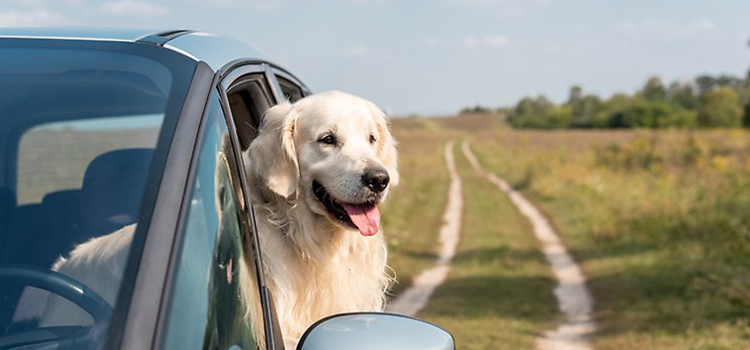Travelling with animals
When bringing animals to Sweden, different rules apply depending on whether they are pets or other animals. Different rules also apply depending on the origin of the animals.

Special authorisation for endangered animals and plants
Bringing endangered animals and plants across the border is prohibited without special authorisation. The same applies to products made from endangered animals or plants.
This is regulated in the Washington Convention, also known as the Convention on International Trade in Endangered Species of Wild Fauna and Flora (CITES). The convention is an international agreement between several countries. It aims to save certain animals and plants from extinction.
Anyone found guilty of breaching the convention may be fined or imprisoned.
Read more about endangered animals and plants – The Swedish Board of Agriculture.
Read the EU Commission’s information on trade in endangered fauna and flora.
Travelling with a horse from a country outside the EU
Since 1 September 2024, the Swedish Board of Agriculture no longer has a border inspection post where horses brought in from a country outside the EU can be processed.
Direct import of horses from a country outside the EU (excluding Norway, Iceland, Northern Ireland, Switzerland, Andorra, the Faroe Islands, Gibraltar, Greenland, Liechtenstein, Monaco and San Marino) to Sweden is therefore not possible.
If you want to bring a horse from a non-EU country (excluding Norway, Iceland, Northern Ireland, Switzerland, Andorra, Faroe Islands, Gibraltar, Greenland, Liechtenstein, Monaco and San Marino) into Sweden, it must first be brought to a border inspection post in another EU country and from there be brought into Sweden in accordance with the conditions applicable to entry from another EU country including Norway, Iceland, Northern Ireland, Switzerland, Andorra, Faroe Islands, Gibraltar, Greenland, Liechtenstein, Monaco and San Marino.
Travel and trade with horses between countries – The Swedish Board of Agriculture
Import and border controls of animals, animal products and feed – The Swedish Board of Agriculture
Travelling by road from Norway with a horse
When crossing the border between Sweden and Norway, you must use a customs road, i.e., a road where there is a manned and open customs clearance office. At the customs clearance office, you must choose the red lane and stop to declare your horse for entry or exit.
Temporary admission (in Swedish)
Travel and trade with horses between countries – Swedish Board of Agriculture
Border check of animals and animal products – Swedish Board of Agriculture (in Swedish)
Buying animals in a country outside the EU
If you buy a animal from a country outside the EU and are going to bring it into Sweden, you must notify Swedish Customs of the animal and pay VAT and any import charges. Remember that, in addition to this, the normal rules for travel with animals also apply.
For more information about import charges, contact us.
It is important that animals travelling across borders are not carrying infectious diseases. It is also important that you help to combat illegal trade.
The Swedish Board of Agriculture, which is the authority responsible for rules on the importation of animals to Sweden, has more detailed information. Swedish Customs carries out border checks on behalf of the Swedish Board of Agriculture.
Pets - trade and travel – The Swedish Board of Agriculture).
Travelling with dog or cat
When you want to bring your dog or cat into Sweden, you must notify Swedish Customs of this. Failure to do this may be a crime against Sweden’s Act on Penalties for Smuggling. The animal must also fulfil the Swedish Board of Agriculture’s requirements for importation or exportation.

